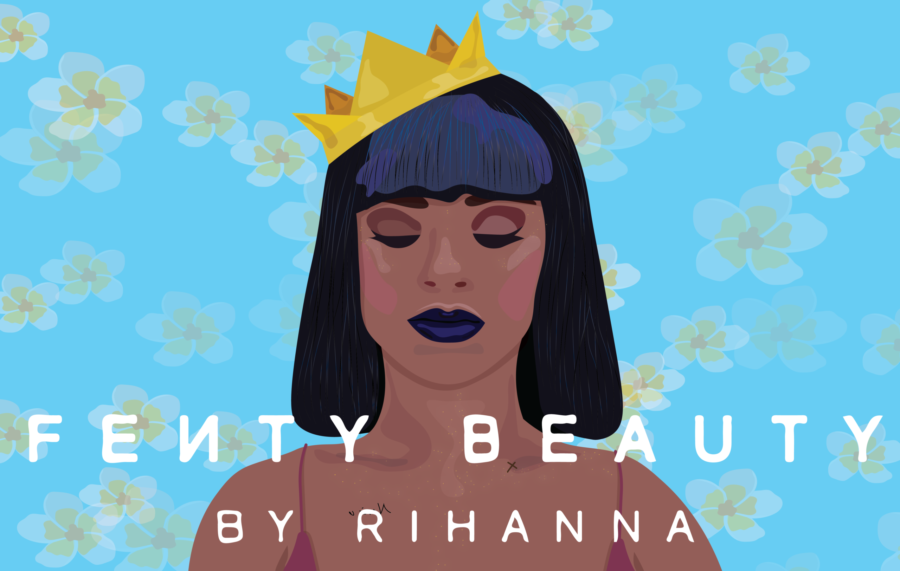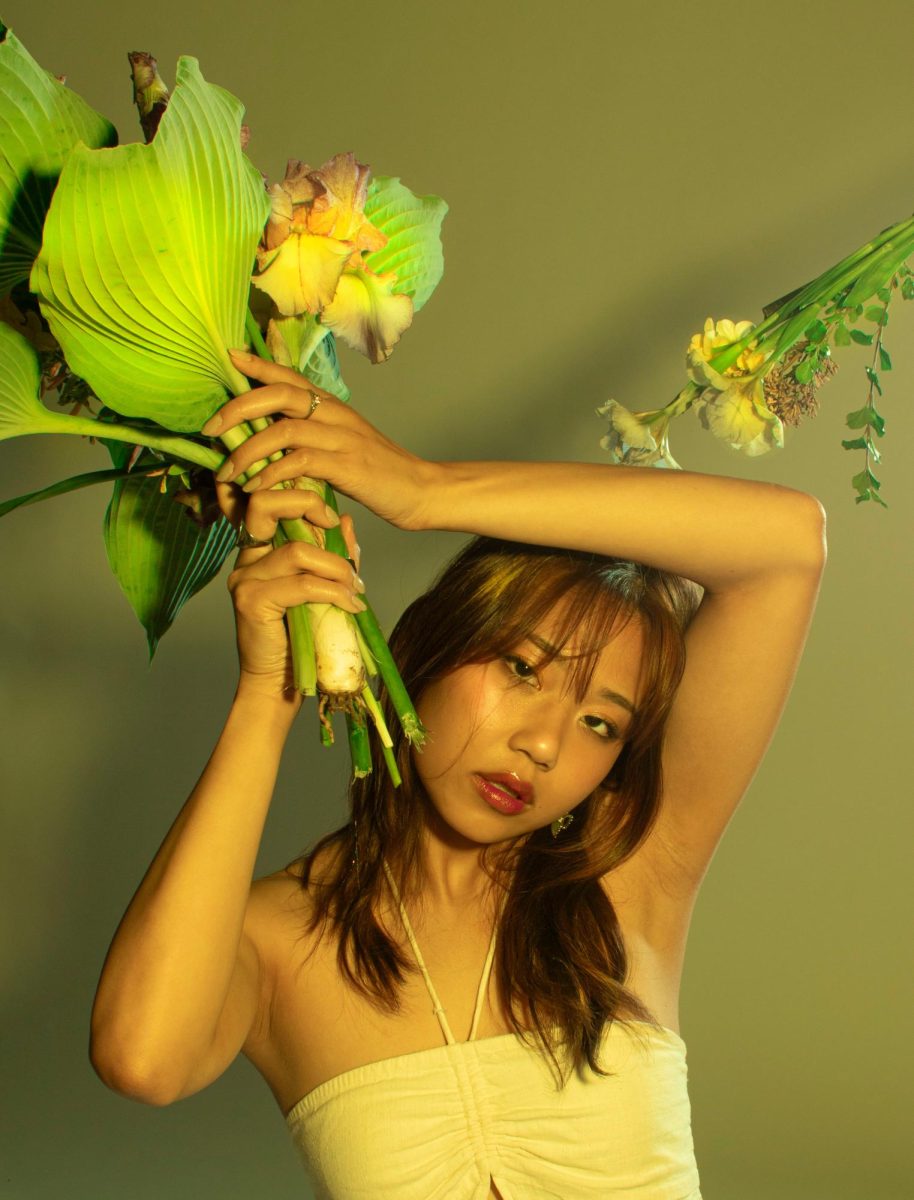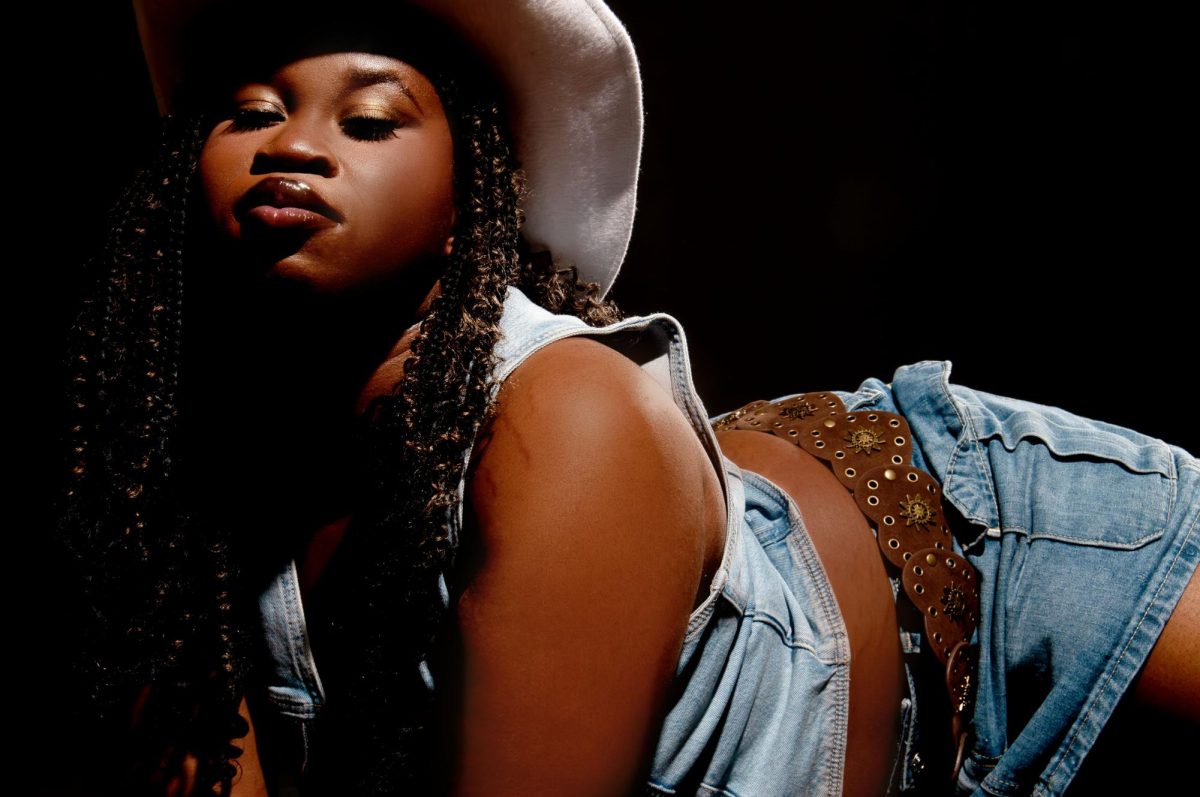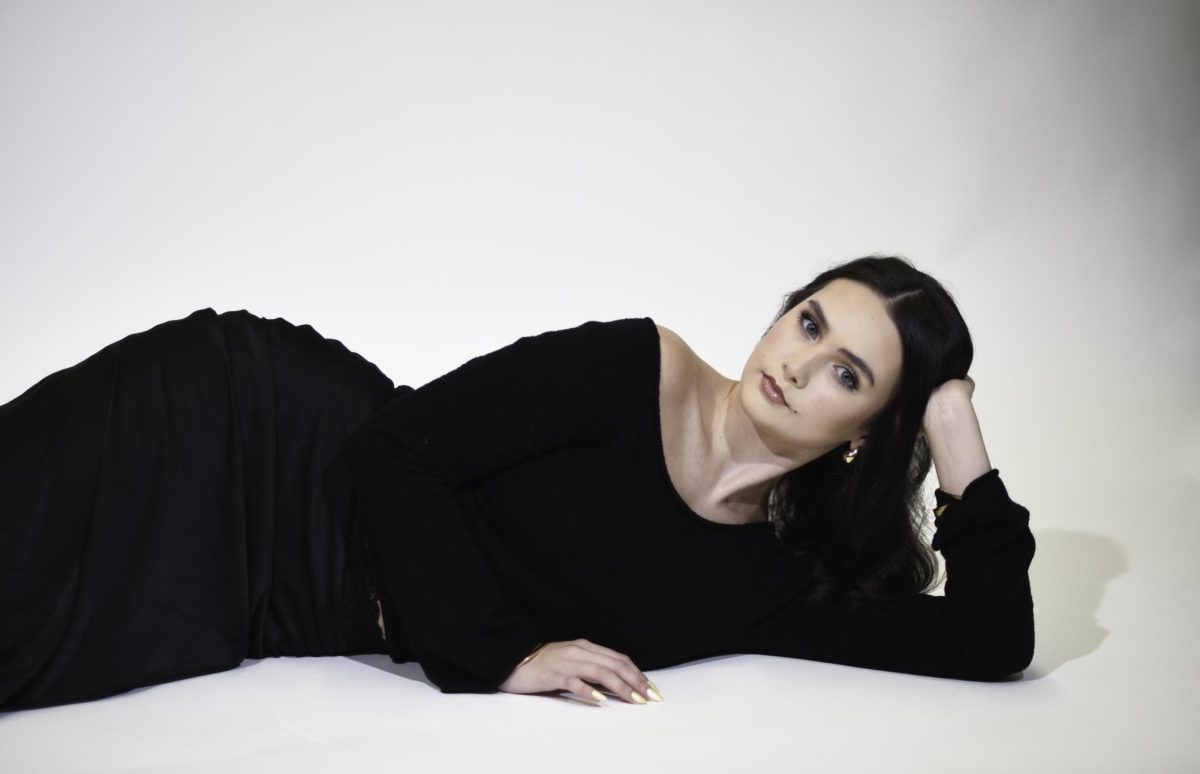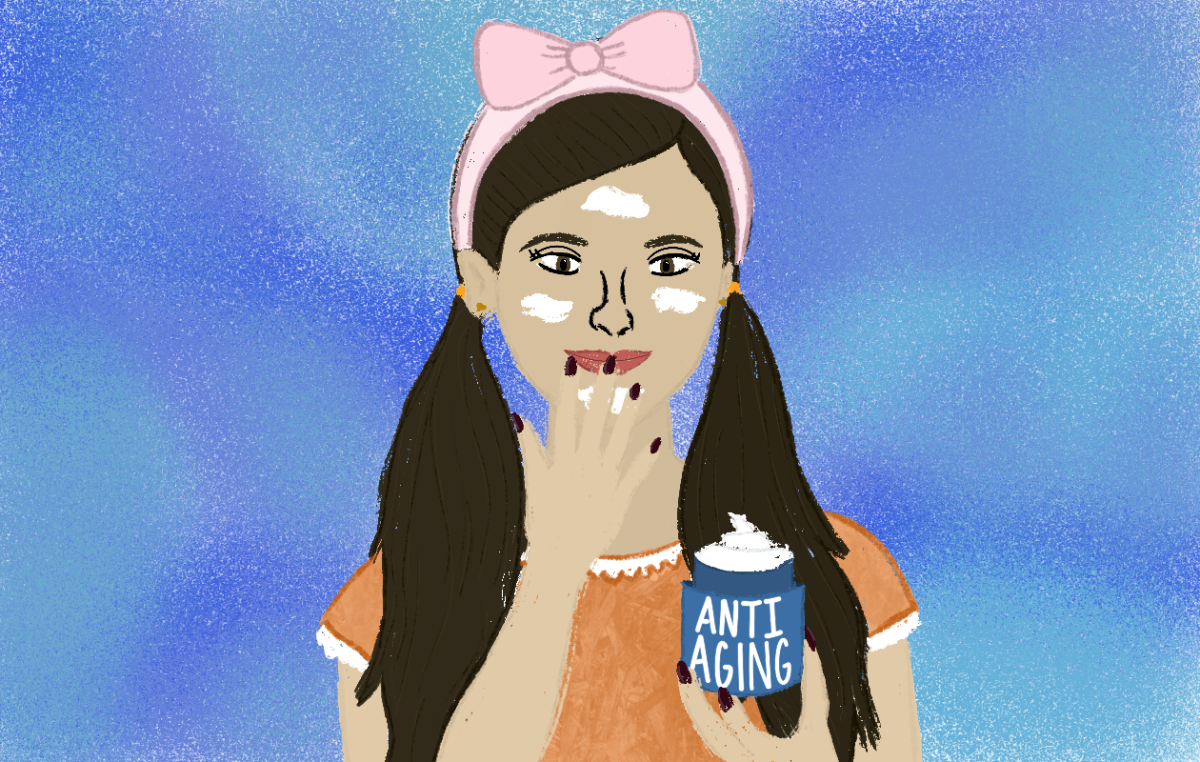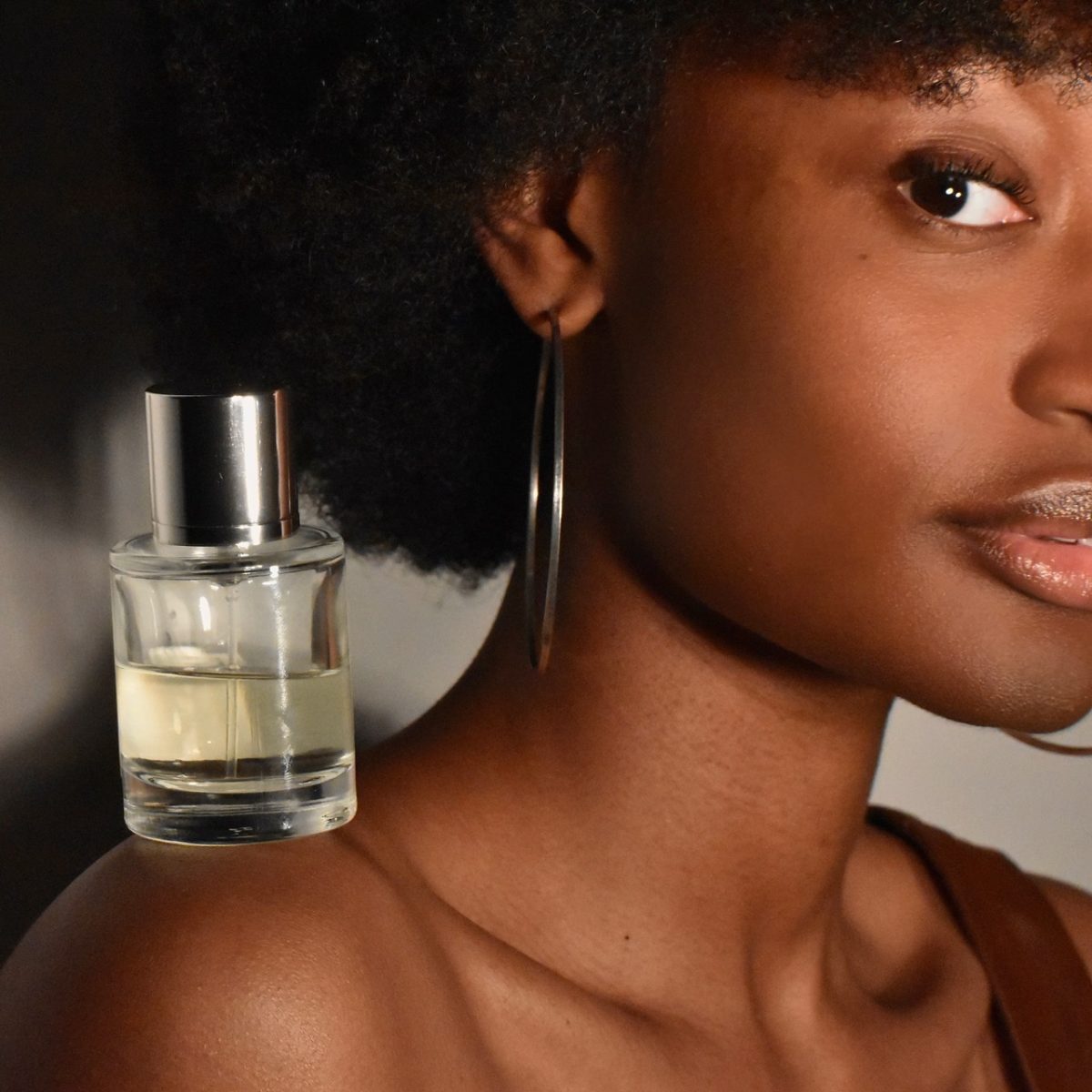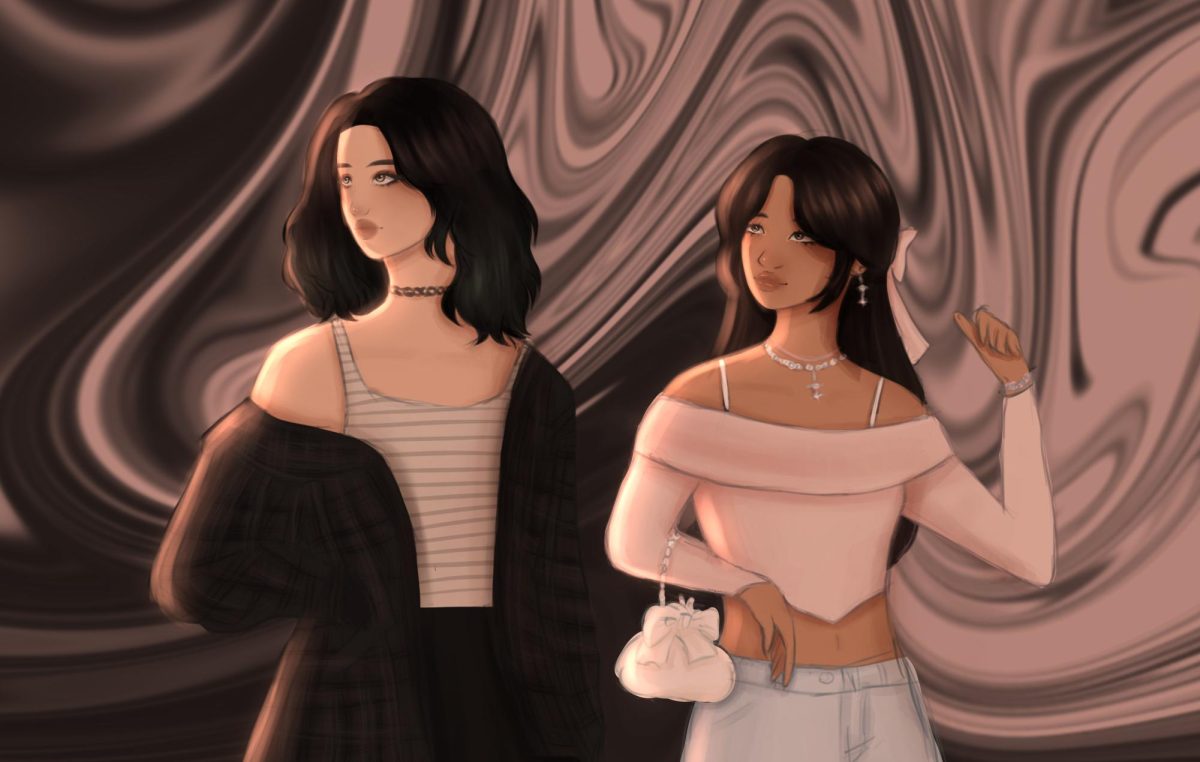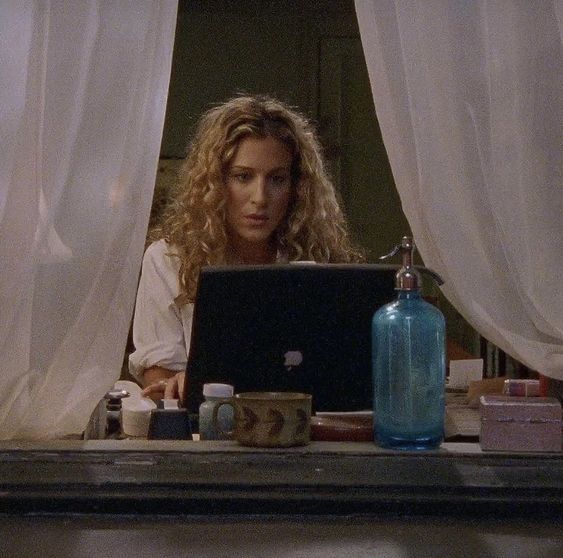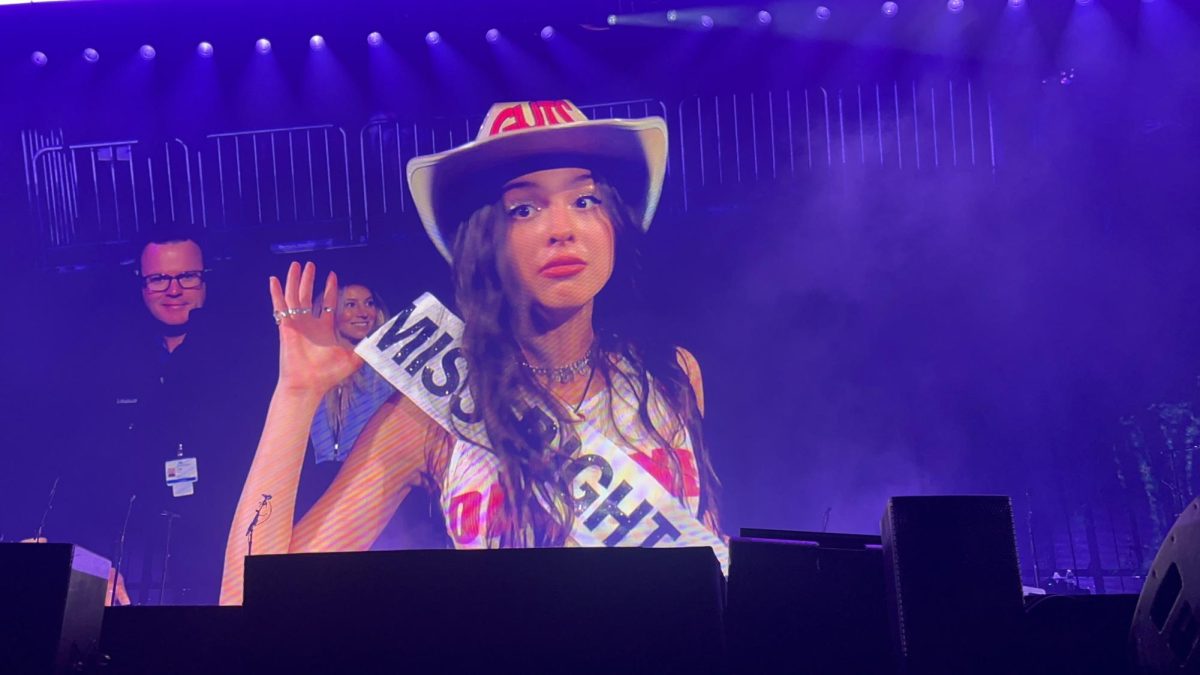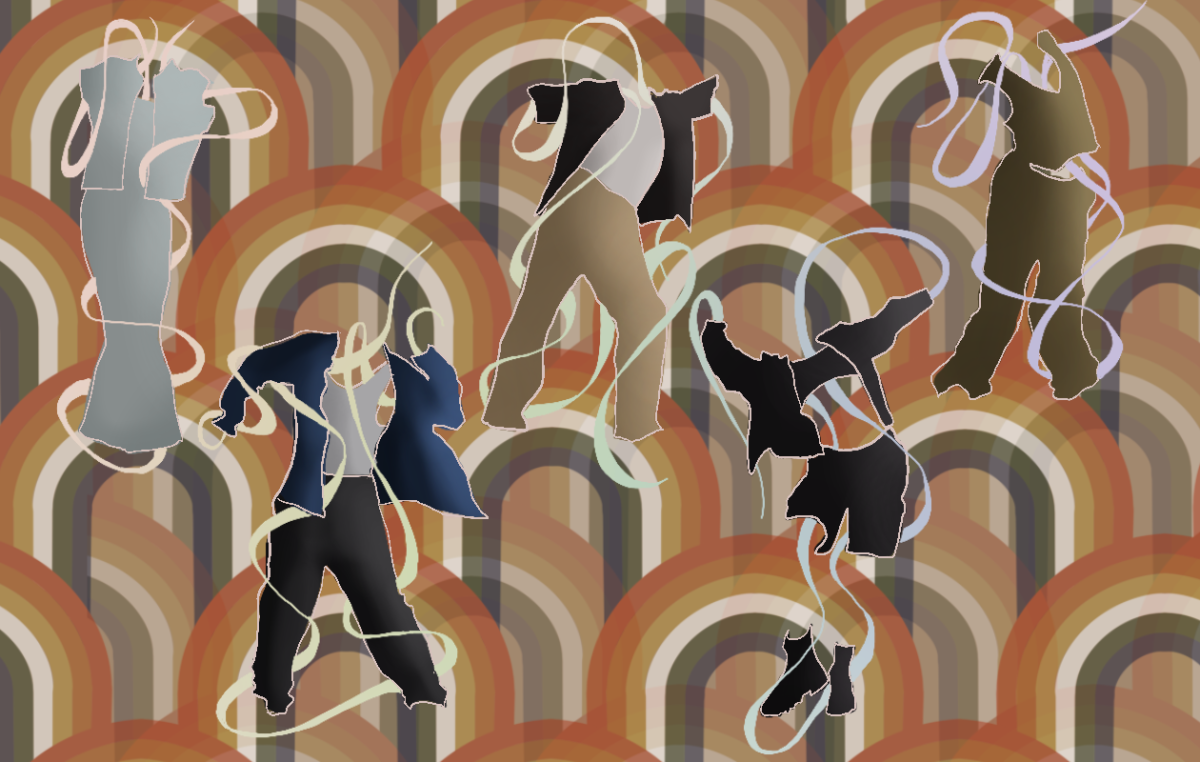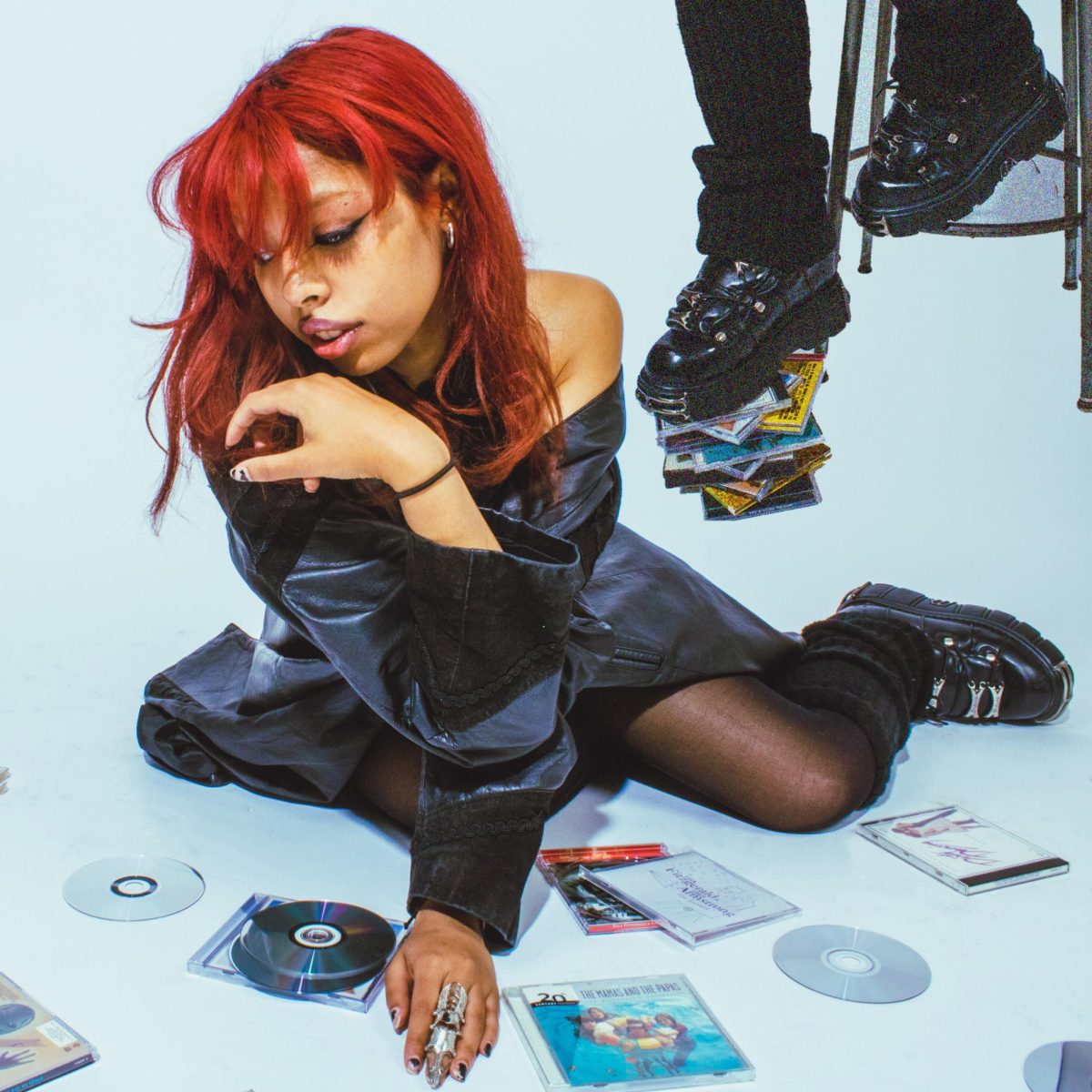On September 8, 2017, Rihanna released her cosmetics line “Fenty Beauty.” The line gained immediate success due to its advertising of 40 shades of foundation, a product idea that was not largely advocated for by other beauty brands. Now two years later, we’re looking back on the top three reasons why the billion dollar empire has made such an impact in the makeup world.
Inclusivity
Inclusivity has been largely mentioned in daily conversations regarding social issues throughout decades. On every social media platform, the term inclusivity is thrown around, and every community wants to be accepted and embraced. This includes women of color. Women of color have a wide range of skin tones that require different makeup products that complement their skin. Though this might seem obvious, the makeup industry is just now catching on. After Fenty Beauty’s release, Maybelline, Smashbox, Dior and a few other long-standing beauty companies quickly started pushing their 40 shades of foundation. Although Fenty Beauty was not the first beauty company to have 40 shades of foundation, with M.A.C’s Pro-Long Wear foundation existing prior to Fenty’s release and Make Up For Ever’s Ultra HD foundation in 2015, Fenty Beauty was the first cosmetic line to open everyone’s eyes to the makeup industry’s void of inclusivity. Bethel University senior Renae Moore agrees that Rihanna saw a need in the beauty industry.
“We’ve never had the same wide variety of shades as our white peers,” Moore said. “Her foundations even include albino shades.”
Not only is Fenty Beauty setting new standards for makeup companies, it’s changing the way consumers can purchase their products. With Sephora launching a new campaign targeted to help customers find their perfect shade titled, “Foundation Finder,” consumers now have a customized and easier experience buying their makeup.
The quality
Rihanna said in a Time article that texture was the most important factor while creating Fenty Beauty. When applying makeup, layering products is a part of the process and buying products that won’t negatively react with each other can be a bit tricky. Sephora product consultant Colleen Louk said that Rihanna’s time and effort reflects in her products.
“She spent a lot of time on the Gloss Bomb, making sure that it worked well with all skin tones,” Louk said.
Rihanna also said that she had 100 percent involvement in Fenty Beauty, so that it would stay true to her vision. With more than 50 products including blotting papers, primer, brushes, highlighter, powder and more, the line gives consumers not only a wide variety of products to pick and play with, but also a look into Rihanna’s mind and effort.
Relatability
With the conversation of women of color just recently finding their perfect shade in makeup being had, more and more celebrities and influencers are speaking out about their past experiences with makeup. Popular Youtube beauty artist Jackie Aina is one of many influencers who has garnered attention for being outspoken on the lack of representation in the makeup field and working with Too Faced Cosmetics to bridge this gap. Although Rihanna can relate to the feeling of not being able to find makeup that matches her skin, she said she did not anticipate the emotion women would have with the brand.
Twenty-year-old Dejanae Davis understands completely why this line has had such an impact globally.
“She’s given so much confidence to the black community and as someone who is into makeup,”Davis said. “She has definitely given me confidence to expand and create freely when doing makeup.”
“She’s drawn in people who didn’t think they belonged,” Louk said.

